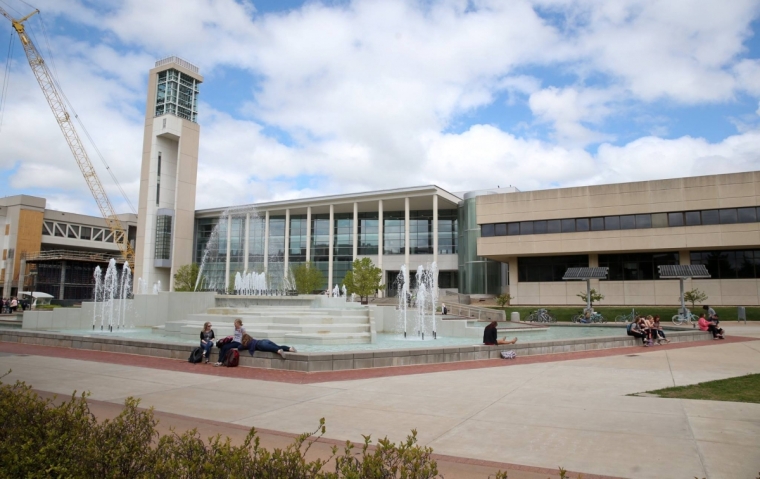Student sues university; claims he was expelled over Christian beliefs

SPRINGFIELD, Mo. (Christian Examiner) – A graduate student at Missouri State University claims in a new lawsuit he was dismissed from his program after saying he could not counsel a gay couple because of his religious beliefs on same-sex marriage.
Andrew Cash reportedly told his instructors that he had no problem counseling gay people individually, but would be incapable of rendering service if they were married or living together.
According to the lawsuit, the school was already aware of Cash's Christian beliefs because it approved his mandated clinical hours for counseling at the Springfield Marriage and Family Institute, a Christian counseling service. Another student in the graduate counseling program also interned there.
Later, Cash invited an associate of SMFI to speak to his class for a project because the topic of Christian counseling and its "unique approach and value to the Counseling profession" was "not an area or topic of instruction in the MSU curricula," the lawsuit said. His professor approved the speaker.
During the presentation, the speaker addressed common questions about counseling gay couples and also said prayer was a vital tool in counseling, when those seeking treatment ask for it. SMFI counsels homosexuals indvidually, but refers gay couples to other agencies who do not object to same-sex marriage on religious grounds.
The presentation prompted a "lively discussion" during the next class session, the complaint says. After the class, Cash was instructed to contact the internship coordinator.
Cash was told by the internship coordinator that his Christian views contradicted the anti-discrimination policies of the American Counseling Association's code of ethics and he would need to brush up on the implications of refusing counseling to gay couples. If Cash changed his attitude, the lawsuit said, he could return to the counseling practicum.
His views, however, didn't change and he was eventually informed that he could no longer intern with SMFI for credit.
So Cash found another internship at a different counseling center. He insisted, however, that his previous hours at SMFI be considered for credit. That did not sit well with his instructor who believed he was "still very much defend[ing] his previous internship stating there was nothing wrong with it."
In November 2014, Cash was called to a meeting with the dean and informed he was being expelled from the graduate counseling program, despite his 3.81 GPA. He had completed 39 of his 48 graduate hours.
The lawsuit claims Cash's experience with MSU has been "a living nightmare" and "devastating, crushing, and tormenting, culminating in his termination from the program – all because he interned with a Christian organization and expressed religious beliefs on a hypothetical question about counseling a gay couple on relationship issues."
Cash has not been able to obtain a counseling license from the state since he was booted from the program and is asking for monetary damages, as determined by the court after a jury trial. His attorneys have argued that the university abridged his rights to "freedom of thought, speech, religion, and association, and denigrated his personal and professional abilities, among other things, all through a policy and practice to deprive Plaintiff of his ability to freely express his ideas on issues of religious and political concern at MSU and in the counseling profession."
"Defendants, acting under color of state law, and according to policy and practice, have explicitly and implicitly discriminated on the basis of viewpoint and deprived Plaintiff of his rights to freedom of speech and expression secured by the First Amendment to the U.S. Constitution," the lawsuit claims.
Missouri State's board of governors, President Clifton M. Smart III, the counseling internship coordinator and counseling department chair are named in the lawsuit.
Christian Examiner contacted MSU and asked for its take on the lawsuit. Suzanna Shaw, vice president for marketing and communications at the school, told CE the university "has not been served with a petition on this matter, and does not comment on pending litigation."
"The University strictly prohibits discrimination on the basis of religion or any other protected class," she added.